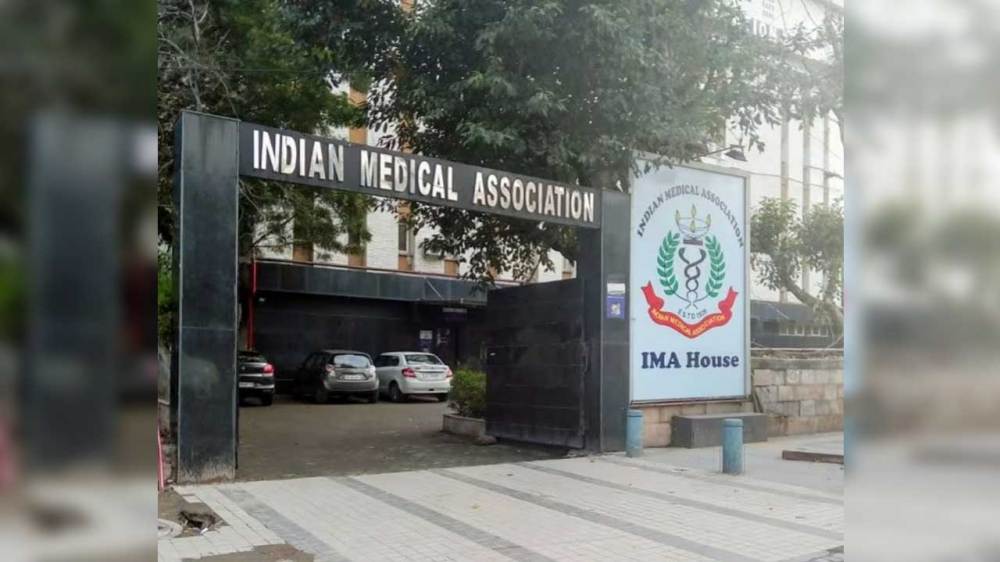
Most female doctors feel unsafe during night shift duty. So much so that some female doctors even felt the need to carry weapons for their safety. This has come to light in a study by the Indian Medical Association, which states that one-third of the doctors (mostly female doctors) involved in the study feel unsafe during their night shifts.
The online survey was conducted by the Indian Medical Association to assess safety concerns of doctors during night shifts amid intense protests across the country following the Kolkata incident. The survey found that 45 per cent of the respondents did not have a duty room available during night shifts. The IMA had claimed the study to be India's largest study on the subject with 3,885 individual responses. The findings of the study were prepared by IMA Kerala unit president Dr Rajeev Jayadevan and his team. Doctors from over 22 states participated in the survey. Of these doctors, 85 per cent were under 35 years of age while 61 per cent were trained interns or postgraduate trainees. The survey found that many doctors reported feeling unsafe (24.1 per cent) or very unsafe (11.4 per cent), which was nearly a third of those who responded. The number of doctors who felt unsafe was higher among women.
Doctors in the age group of 20-30 years have the lowest sense of security
According to the study, doctors in the age group of 20-30 years had the lowest sense of security. This group mostly comprised trainees or post graduates. According to them, 45 per cent of doctors did not have duty rooms during night shifts and those who had duty rooms had a higher sense of security. The study found that duty rooms are often overcrowded, lacking necessary and adequate facilities such as locks. It found that one-third of the available duty rooms also did not have attached toilets. In more than half the cases (53 per cent), the ward/emergency area was far from the duty room.
Some suggestions were given in the online survey
Some suggestions were also given by the doctors to enhance security. These include increasing the number of trained security personnel, installing CCTV cameras, ensuring proper lighting, implementing the Central Security Act, installing alarm systems and providing basic facilities like secure duty rooms.
 look news india
look news india